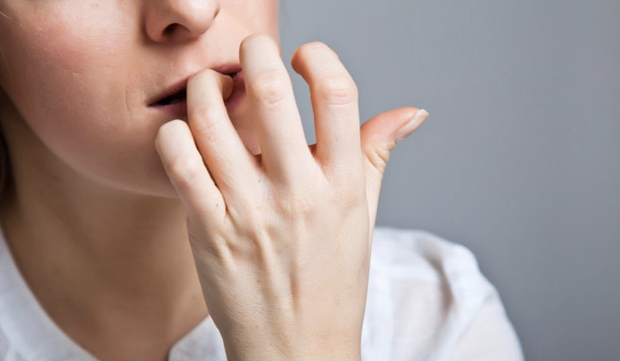Researchers Explain What Your Habits Say about Your Personality

HOW DO HABITS FORM?
We all possess habits – both good and bad. We rarely give those habits much thought because they are . . . well . . . habitual. Have you ever wondered, however, where those habits come from? If you bite your nails, for example, where does that nervous – and mostly unconscious – tic arise?
Regarding the science of habits, you might not be surprised to find out that they form in the emotional center of the brain: the basal ganglia. Meanwhile, the logical, executive part of the brain – the prefrontal cortex (PFC) – admonishes us for engaging in the unwanted behavior. For example: the emotional brain causes you to whip out your credit card, whereas your logical brain goes “DOH!” after buying those way-too-expensive shoes. The same parts of your brain go into action when you eat that second piece of chocolate cake and regret it a few minutes later.
We can consider good habits as those that are beneficial to our physical and mental health. People who possess more positive habits generally manifest high levels of discipline and self-control. In other words, their prefrontal cortex is “firing on all cylinders.” On the flip side, failing to exercise the logical part of the brain can lead us down the path toward bad habits. Because of these connected ideas, we don’t have to reach far to see that our habits ultimately decide our happiness – or the lack thereof.